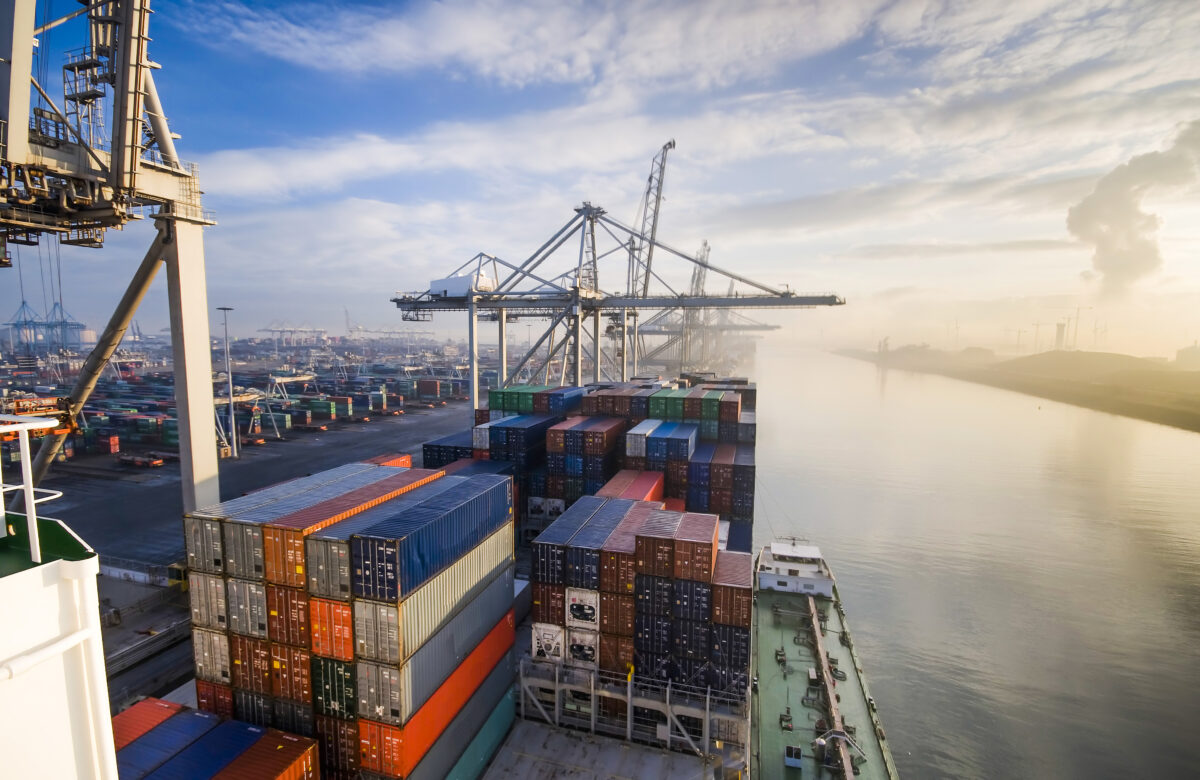In certain cases, customs may not levy import sales tax, even if the holder of the procedure, usually the freight forwarder, has violated customs obligations and a customs debt has been incurred as a result.
This was decided by the European Court of Justice (Judgment of 2 June 2016, Case C-226/14 and Case C-228/14). This means that the Court of Justice has to some extent broken up the automatic link between customs debt and import turnover tax that has existed in Germany for a long time.
No risk of introduction into the economic cycle
Until the judgment, the following applied: If a customs debt arises, e.g. because the freight forwarder has made mistakes in presenting the goods during the transit procedure, the import sales tax also arises accordingly.
However, with regard to the VAT Directive, the Court of Justice has now ruled that import sales tax should not be levied if there was no risk that the imported product has entered the economic cycle of the European Union. For this reason, import sales tax should not be levied at a flat rate for each customs debt.
More generous legal situation also through the Union Customs Code
This jurisprudence particularly favours forwarders who re-export duty unpaid goods from the EU. If they are able to prove this, there is a chance that an import sales tax will not be levied or refunded despite possible errors in the processing.
The Union Customs Code, which has been in force since May 2016, will also treat errors more generously in future. The UCC offers more remedies in the event of customs violations. This applies first and foremost to the customs debt and, mutatis mutandis, to the import turnover tax.
If you need professional help with regard to a tax assessment notice directed against your company, please contact our customs lawyers.
Dieser Artikel wurde am 9. August 2018 erstellt. Er wurde am 30. September 2023 aktualisiert. Die fachliche Zweitprüfung hat Rechtsanwalt Dr. Tristan Wegner durchgeführt.

